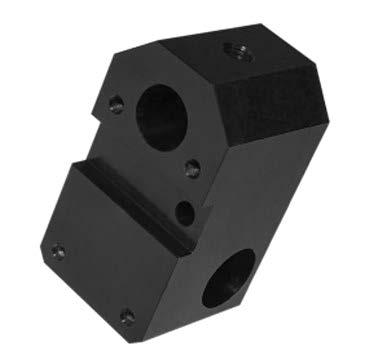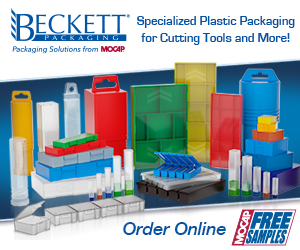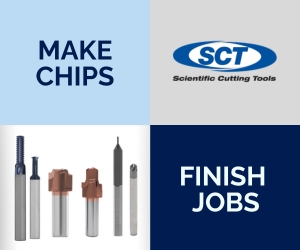
Digital manufacturing leader Protolabs (NYSE: PRLB) has again expanded its CNC machining capabilities to allow for accelerated anodizing and chromate plating on aluminum components. From time of quote to manufacturing to shipping, customers can now get custom machined parts with plating in as fast as four days.
“While traditional finishing processes like anodizing have been around for a while, never have manufacturers been able to consistently produce parts as fast at scale as we have at Protolabs,” said Greg Thompson, global product director of CNC machining. “An engineer can have fully anodized or plated parts on their desk within a few days of placing an order.”
Anodizing and plating help prevent corrosion, strengthen parts, and improve cosmetic appearance. All plating options for machining are now live and available to customers when they upload a 3D CAD model at protolabs.com.
Eligible materials include aluminum 6061/6082 and 7075. For anodizing, three specific types are offered: Type II (Class 1, Class 2) and hard-coat Type III (Class 1); for chromate plating, Type II is available.
The addition of quick-turn plating builds on the digital manufacturer’s current options for CNC machining, which include advanced anodizing and chromate plating capabilities with flexible lead times. Customers with AS9100 and ITAR needs can access Protolabs’ precision machining capabilities and those with more complex, high-requirement parts can tap into the company’s digital network of manufacturers at Hubs.
“We’ve promised our customers more capabilities across all our service lines this year, and our machining service is leading the way. Through our unique manufacturing model that pairs a network of global manufacturers with our digital factories, we can comprehensively serve the prototyping and production needs of our customers,” explained President and CEO of Protolabs, Rob Bodor.
Contact Details
Related Glossary Terms
- computer numerical control ( CNC)
computer numerical control ( CNC)
Microprocessor-based controller dedicated to a machine tool that permits the creation or modification of parts. Programmed numerical control activates the machine’s servos and spindle drives and controls the various machining operations. See DNC, direct numerical control; NC, numerical control.
- computer-aided design ( CAD)
computer-aided design ( CAD)
Product-design functions performed with the help of computers and special software.
- precision machining ( precision measurement)
precision machining ( precision measurement)
Machining and measuring to exacting standards. Four basic considerations are: dimensions, or geometrical characteristics such as lengths, angles and diameters of which the sizes are numerically specified; limits, or the maximum and minimum sizes permissible for a specified dimension; tolerances, or the total permissible variations in size; and allowances, or the prescribed differences in dimensions between mating parts.
- tap
tap
Cylindrical tool that cuts internal threads and has flutes to remove chips and carry tapping fluid to the point of cut. Normally used on a drill press or tapping machine but also may be operated manually. See tapping.









